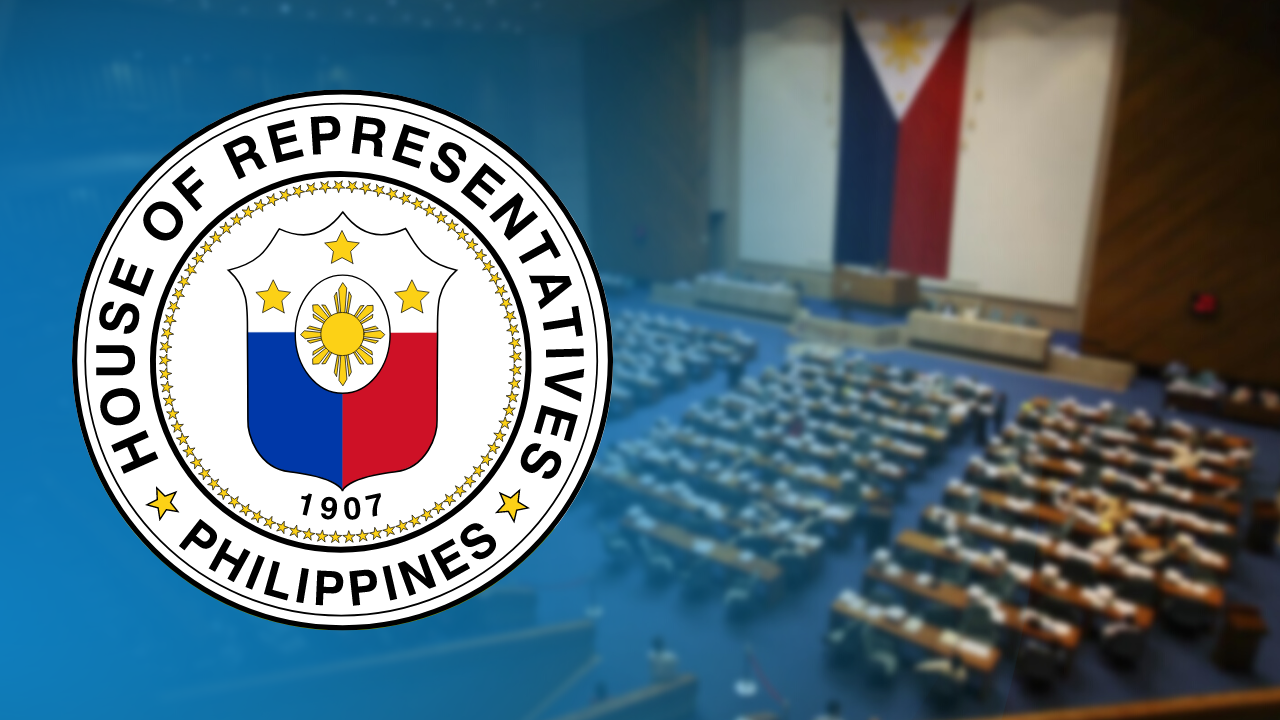Maharlika Bill breezes through House in 17 days
The proposed measure creating the Maharlika Investments Fund (MIF) on Thursday breezed through the second and third readings at the House of Representatives, a day after President Ferdinand “Bongbong” Marcos Jr., certified the measure as urgent and less than a month since it was filed on Nov. 28 by Speaker Martin Romualdez and other administration lawmakers.
The Marcos administration wants to put up the country’s first sovereign wealth fund to generate earnings that can finance more infrastructure projects and other social programs and eventually promote economic development for future generations.
Put through more than two weeks of intense national debate over the necessity and timing of the country’s having a sovereign wealth fund, 279 lawmakers voted for the passage of House Bill (HB) No. 6608 and only six voted negatively, with no abstention. Among the legislators who voted against the measure were members of the Makabayan bloc and those in the House minority.
HB 6608 will now be transmitted to the Senate and undergo the same legislative process of three readings prior to approval, after which a bicameral conference committee will be constituted to settle, reconcile or thresh out differences on any provision of the bill. A conference committee report will then be submitted for approval of both chambers of Congress, after which it will be transmitted to the President for signing into law.
Discussions in the Senate, which had adjourned on Wednesday for the Christmas break, will have to wait until the resumption of session in the last week of January.
Article continues after this advertisementSenators had earlier vowed to examine closely the MIF proposal following several questions raised by lawmakers, economists, business groups and civil society on its necessity and propriety.
Article continues after this advertisementSen. Aquilino Pimentel III on Thursday said that despite the certification of the bill as urgent, the minority bloc would make sure the measure is scrutinized in the Senate.
“We have to examine all, even the commas, semicolons and periods,” he said.
He added that the President’s issuance of the certification was “an abuse of presidential prerogatives and powers,” and raised suspicion over the motivation of its proponents.
He noted that the power to certify bills as urgent could be used by the Chief Executive only during times of emergencies or calamities.
The opposition lawmaker said he would try to flesh out the details for the motivations of the bill once it reaches deliberations in the Senate.
In the House, Deputy Minority Leader and ACT Teachers party list Rep. France Castro and Bagong Henerasyon party list Rep. Bernadette Herrera formally asked that they be removed as coauthors of the measure.
Despite calls by some lawmakers for the House leadership to slow down and allow all representatives to consult their constituents during Congress’ Christmas break, voting for the passage on second and third readings of the bill proceeded after it was certified as urgent by Mr. Marcos in a Dec. 14 letter to the House.
The President’s certification, which was read on the floor immediately after HB 6608 was approved on second reading, allowed the House to dispense with the requirement of the Constitution that no bill can become a law unless it has passed three readings conducted on separate days.
Several revisions
HB 6608, or the proposed Maharlika Investments Fund Act, underwent many revisions in 17 days since it was first filed as HB 6398.
Among the noteworthy amendments was the removal of the contributions from the Government Service Insurance System (GSIS), the Social Security System (SSS), and the P25 billion from the national budget as sources of the MIF’s seed fund. It left the Land Bank of the Philippines, the Development Bank of the Philippines, and dividends of the Bangko Sentral ng Pilipinas as fund sources. The President was also replaced by the finance secretary as chair of the fund’s governing board.
However, Finance Secretary Benjamin Diokno said earlier this week that the GSIS and SSS were still not entirely out of the game.
On Thursday, SSS president Michael Regino said the Social Security Commission would be open to invest in Maharlika without being required to do so.
“If we see, in the future, that [the MIF] is well-managed and that the returns are superior to [that of our] other investments, why not?” Regino said.
This is possible after the bill’s sponsors rejected a proposed amendment from Castro that would remove the possibility of government financial institutions, including the GSIS and SSS, making future investments in the MIF, although they included a provision preventing the pension funds from being compelled to contribute funds.
Safeguards
Lawmakers also approved further revisions before the bill was passed on Thursday, their last day of session before going on a Christmas break, particularly on its safeguards and penalty clause, to address concerns on the fund’s possible use as an instrument in committing corruption or money laundering. A provision on assessment and strict compliance with the globally accepted Santiago principles, or the Sovereign Wealth Funds Generally Accepted Principles and Practices, was included as an amendment.
The House voted to reject Castro’s proposals to remove the power of the Maharlika Investments Corp. (MIC) to condone liabilities to it, obtain Maharlika funds from public borrowings, as well as the revision that would require prior congressional approval for the increase in annual contributions to the fund.
However, the sponsors agreed to amendments that would prohibit the governing body of the fund to invest in activities of companies with human rights violations, known to produce nuclear weapons or ballistic missiles and cause environmental degradation; the raising of the corporation’s net profit distribution rate to 25 percent from 20 percent for social welfare aid, with the remainder remitted to the national government for social welfare programs and projects excluding infrastructure projects, and the right to freedom of information and public access to the investments made by the MIC and the statements of assets, liabilities and net worth of persons involved in the fund.
